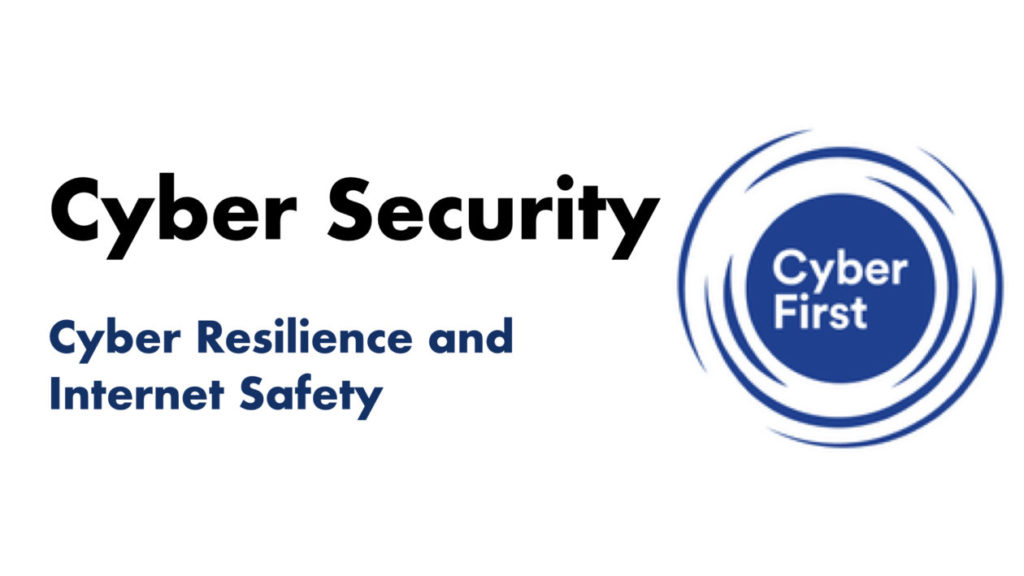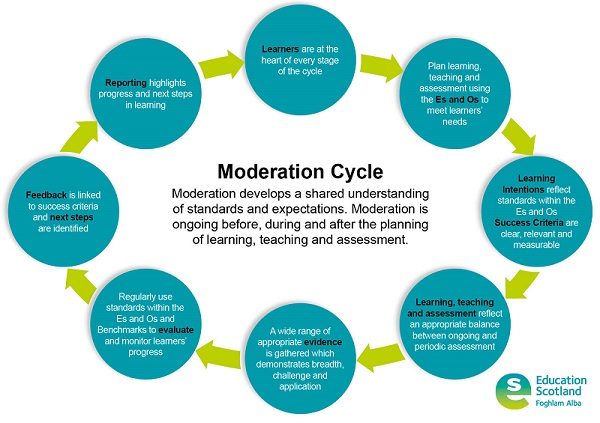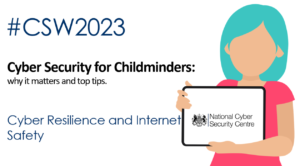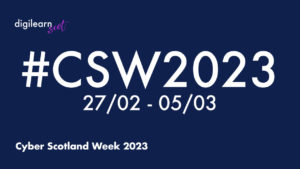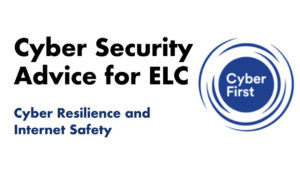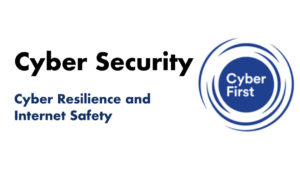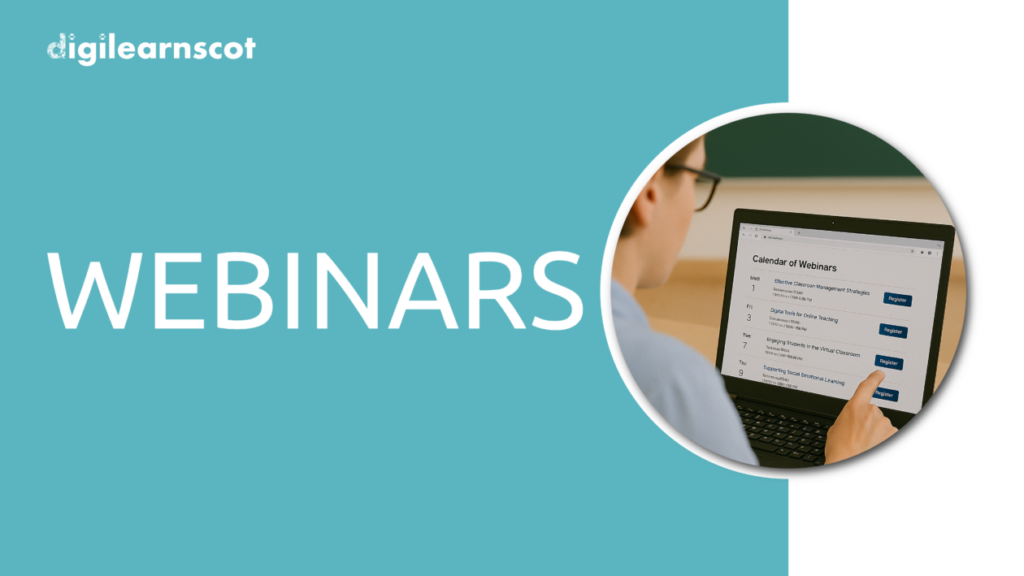The Cyber Toolkit is designed to help teachers find the most appropriate and useful advice, information and resources to support learners.
Author: George Milliken
cyber challenge uk
cyber explorers
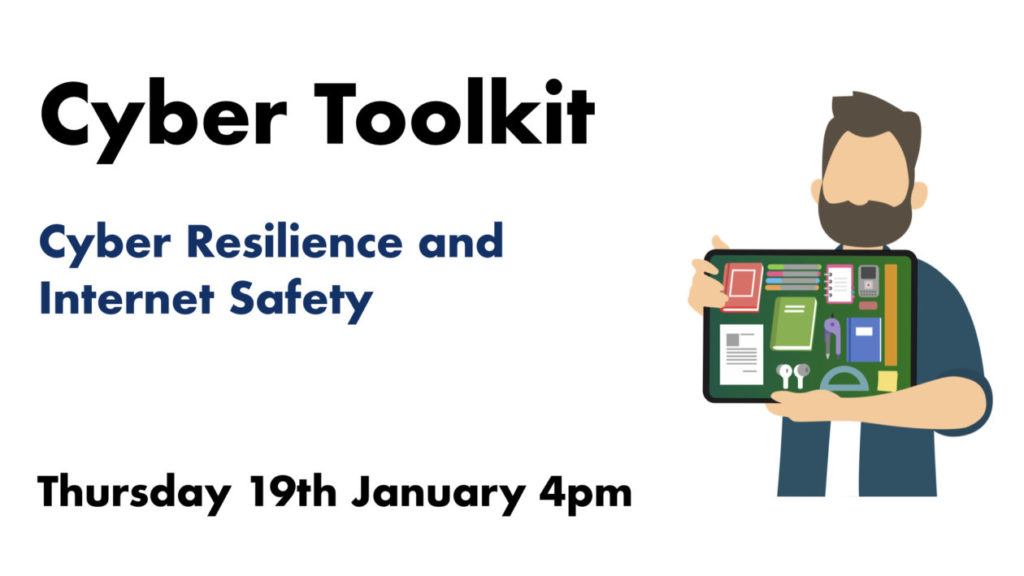
19 January 4pm, Cyber Toolkit webinar
The Cyber Toolkit is designed to help teachers find the most appropriate and useful advice, information and resources to support learners.
When we use the internet we either consume, create or communicate. Each of these behaviours has different levels and types of risk. This toolkit will help you to diagnose, understand and then support learners with their digital needs.
Before you start with the toolkit, find out what your learners are using and doing online; and the issues or risks this presents. With this information you can use the toolkit to locate information, resources and professional learning to support you in planning meaningful CRIS learning.
Click this button to go to the Cyber Toolkit
Sign up for the webinar using this EvenBrite link – Sign up here
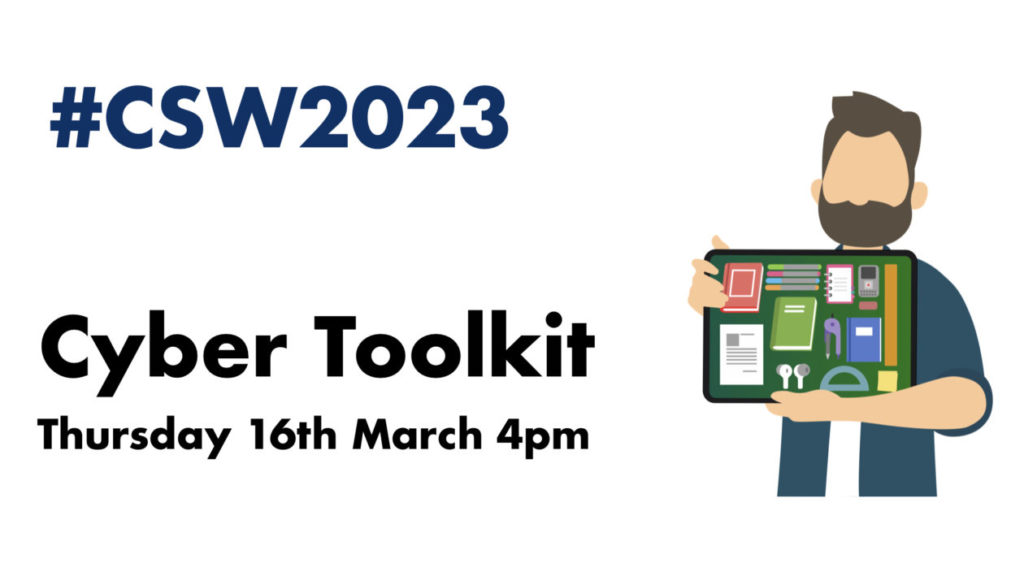
16 March 16:00, Cyber Toolkit webinar
When we use the internet we either consume, create or communicate. Each of these behaviours has different levels and types of risk. This toolkit will help you to diagnose, understand and then support learners with their digital needs.
Before you start with the toolkit, find out what your learners are using and doing online; and the issues or risks this presents. With this information you can use the toolkit to locate information, resources and professional learning to support you in planning meaningful CRIS learning.
Click this button to go to the Cyber Toolkit
Sign up for the webinar using this EvenBrite link – Sign up here
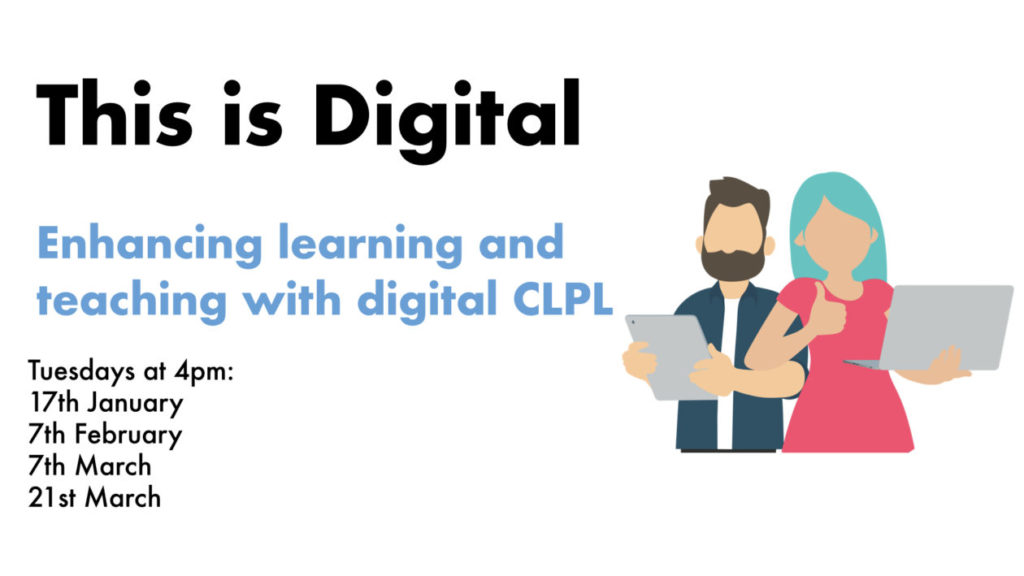
21 March 16:00, This is Digital Learning and Teaching professional learning programme
As educators it is our responsibility to make effective use of digital technology to deliver high quality teaching, engaging learning and effective assessment.
This four-part professional learning programme is designed to enhance educators’ knowledge and skills in order to develop their planning, teaching and learning, and assessment and feedback with digital technology.
The four sessions cover:
Find out more about the programme with this link.
Sign up for this programme has ended.
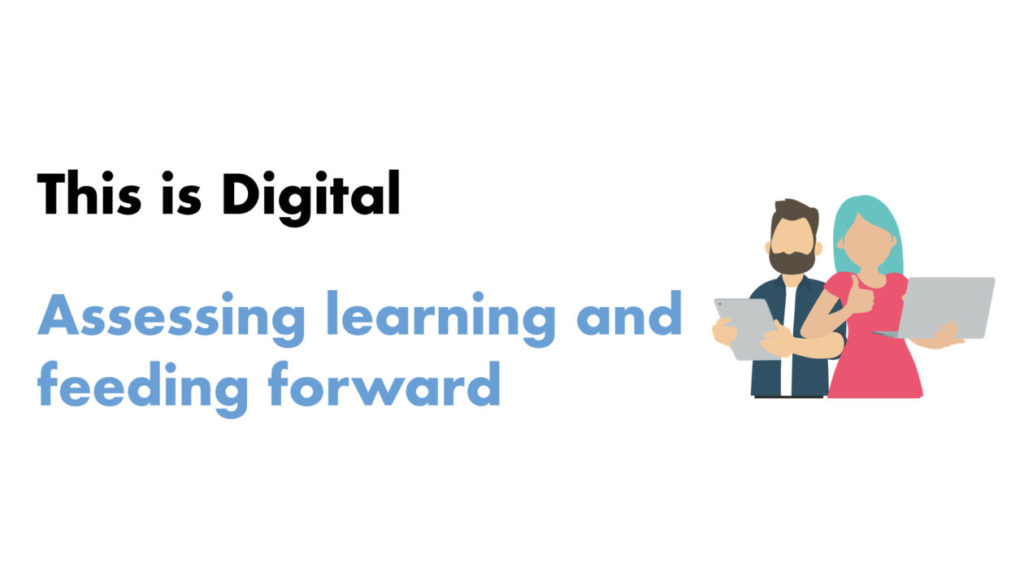
This is Digital CLPL programme: assessing learning and feeding forward
Discussion points
To enable more effective and meaningful discussions during the webinar, please consider your thoughts on these points beforehand:
- What would learning look like without jotters?
- How can digital ensure that the assessment matches the learnign and fairly captures skills and knowledge
- Using digital to provide feedback that informs improvements in learners
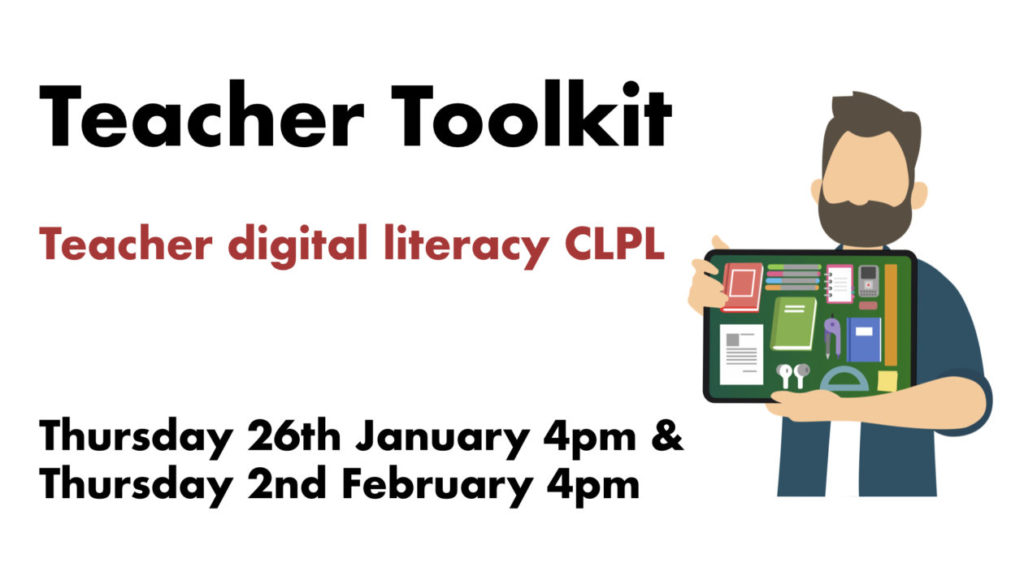
02 February 16:00, Teacher Toolkit PART 2: a beginner’s guide to essential digital skills for teaching
The Teacher Toolkit programme aims to provide practical training in using the most essential skills and knowledge required to use Microsoft365 or Google Workspace in Glow.
The skills and knowledge are based on the Scottish Teacher Digital Literacy Framework but reduced to just five skills, ensuring that it is manageable and achievable for busy teachers who need time and space to practice using them.
Find out more about this programme with this link: Teacher Toolkit
Sign up using this Eventbrite link: Eventbrite signup

02 February16:00, Teacher Toolkit PART 1: a beginner’s guide to essential digital skills for teaching
The Teacher Toolkit programme aims to provide practical training in using the most essential skills and knowledge required to use Microsoft365 or Google Workspace in Glow.
The skills and knowledge are based on the Scottish Teacher Digital Literacy Framework but reduced to just five skills, ensuring that it is manageable and achievable for busy teachers who need time and space to practice using them.
Find out more about this programme with this link: Teacher Toolkit
Sign up using this Eventbrite link: Eventbrite signup
